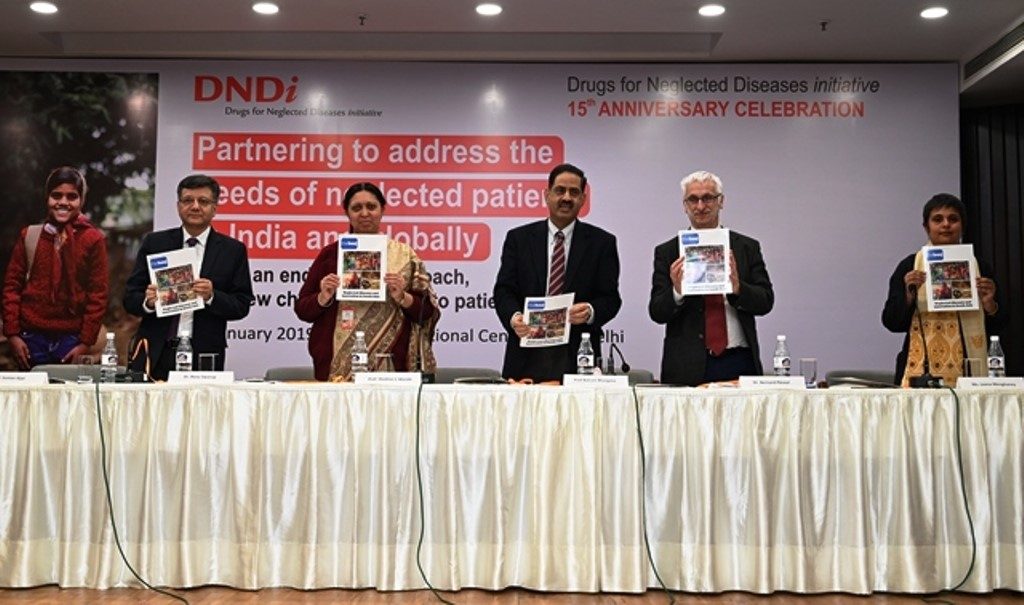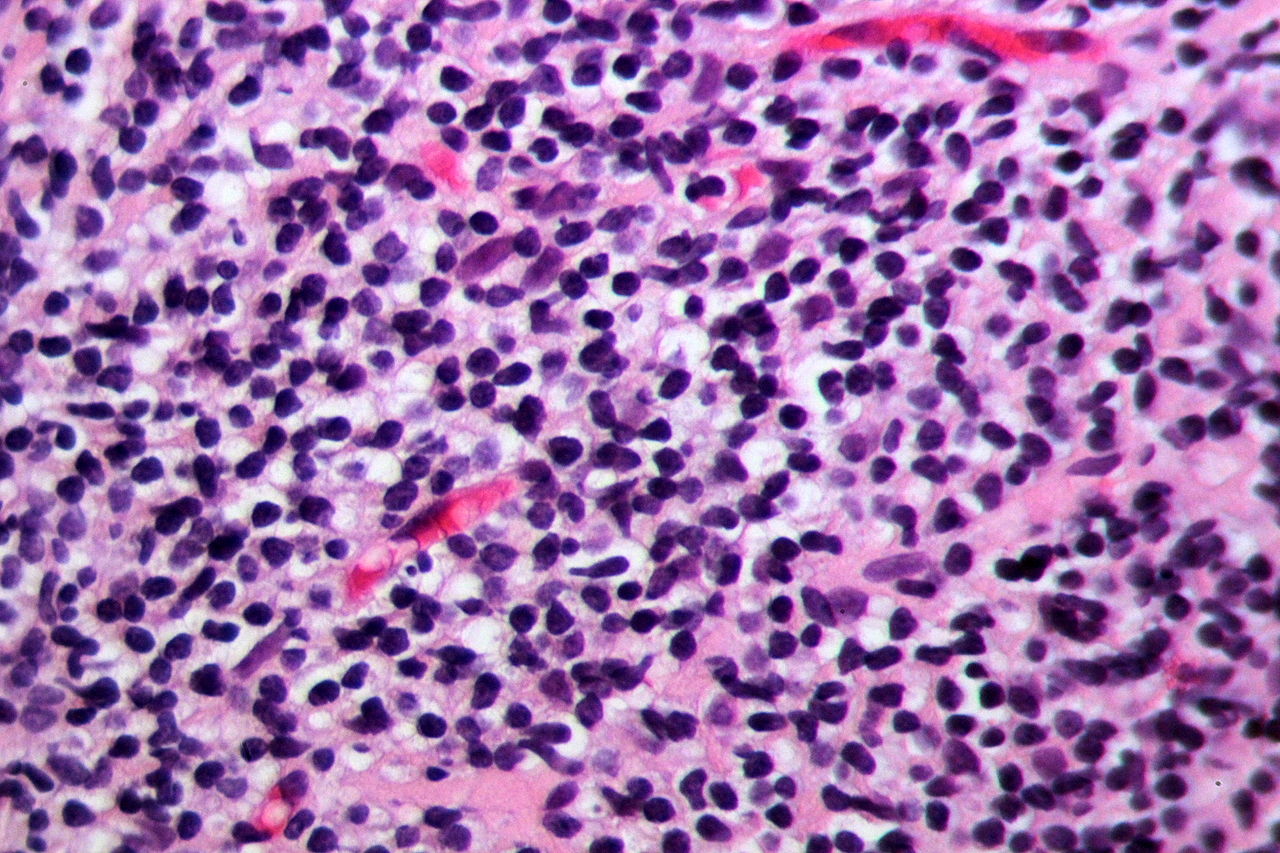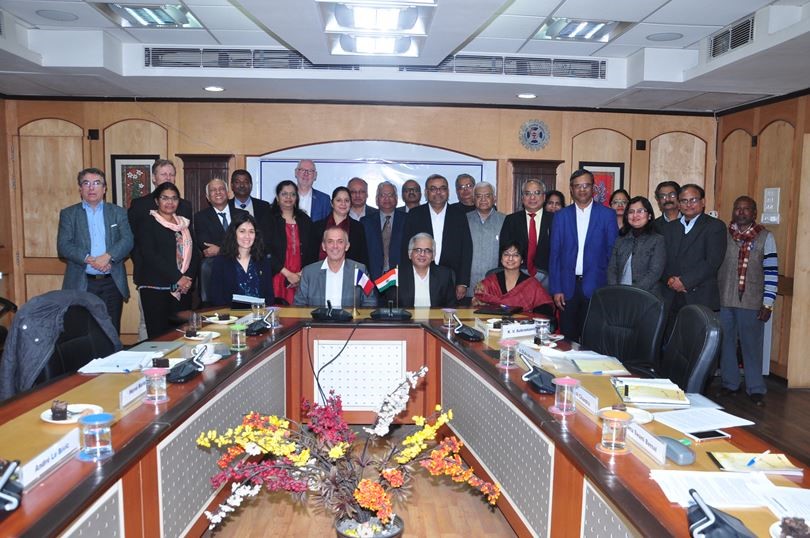
Snakebite – A Public Health Problem You Don’t Hear Of
- News
- 1.8K
India used to be dubbed as a country of snake charmers in jest decades ago, but few would know about the darker side of snakes – snakebites. An estimated 28 lakh cases of snakebites occur in India and about 50,000 Indians die due to snakebites every year. Yet it remains a neglected public health problem.

Many of the deaths and disabilities due to snakebites can be averted if health authorities take steps to prevent snakebites as well as improve facilities for treating those bitten by venomous snakebites. Snakebite mitigation needs concerted efforts just like other public health problems such as malaria and tuberculosis.
Poor health facilities in rural areas are a major factor due to which snakebite victims do not get adequate care. First, people don’t reach health facilities in time due to lack of transport and even if they do so, healthcare personnel have inadequate knowledge of snakebite management and lack effective antivenom, according to a new study published this week in the medical journal, The BMJ.
“Most snakebite victims die before they reach a health facility because they first approach a traditional healer for treatment. The quality of available antivenom in health facilities is another problem,” pointed out Dr. Ravikar Ralph, a member of the research team from Christian Medical College Vellore, while presenting his findings at a meeting here.
The antivenom manufactured in India is exclusively against venoms of four major snake species and is not effective against other species prevalent in different regions. It has also been seen that there is an intra-species variation of venom of the four major species. In addition, the antivenom products available vary in their neutralization efficacy and clinical effectiveness, the study pointed out. The quality of liquid antivenom suffers due to problems in cold storage and transportation as it has to be stored at 2 to 8 degrees.
The call to end neglected tropical diseases (NTDs) under the Sustainable Development Goals framework has brought the problem of snakebite into focus, and this could be an opportunity to take up research in this neglected public health problem, the study has said.
The special issue of the medical journal has focused on neglected diseases such as lymphatic filariasis, kala-azar, neonatal sepsis, and multidrug-resistant enteric fever. It was supported by Drugs for Neglected Diseases initiative (DNDi). “This collection highlights the notable successes of public health programmes in neglected diseases in South Asia and identifies areas where research and supportive policy are needed to sustain plans for control or elimination,” said Dr. Suman Rijal, Head of DNDi in India.
The research team for the snakebite paper included Ravikar Ralph (CMC Vellore); Sanjib Kumar Sharma (BP Koirala Institute of Health Sciences, Kathmandu); Mohammad Abul Faiz (Dev Care Foundation, Dhaka); Isabela Ribeiro and Suman Rijal (DNDi); François Chappuis (Geneva University Hospitals) and Ulrich Kuch (Goethe University, Germany). (India Science Wire)
If you liked this article, then please subscribe to our YouTube Channel for the latest Science & Tech news. You can also find us on Twitter & Facebook.

